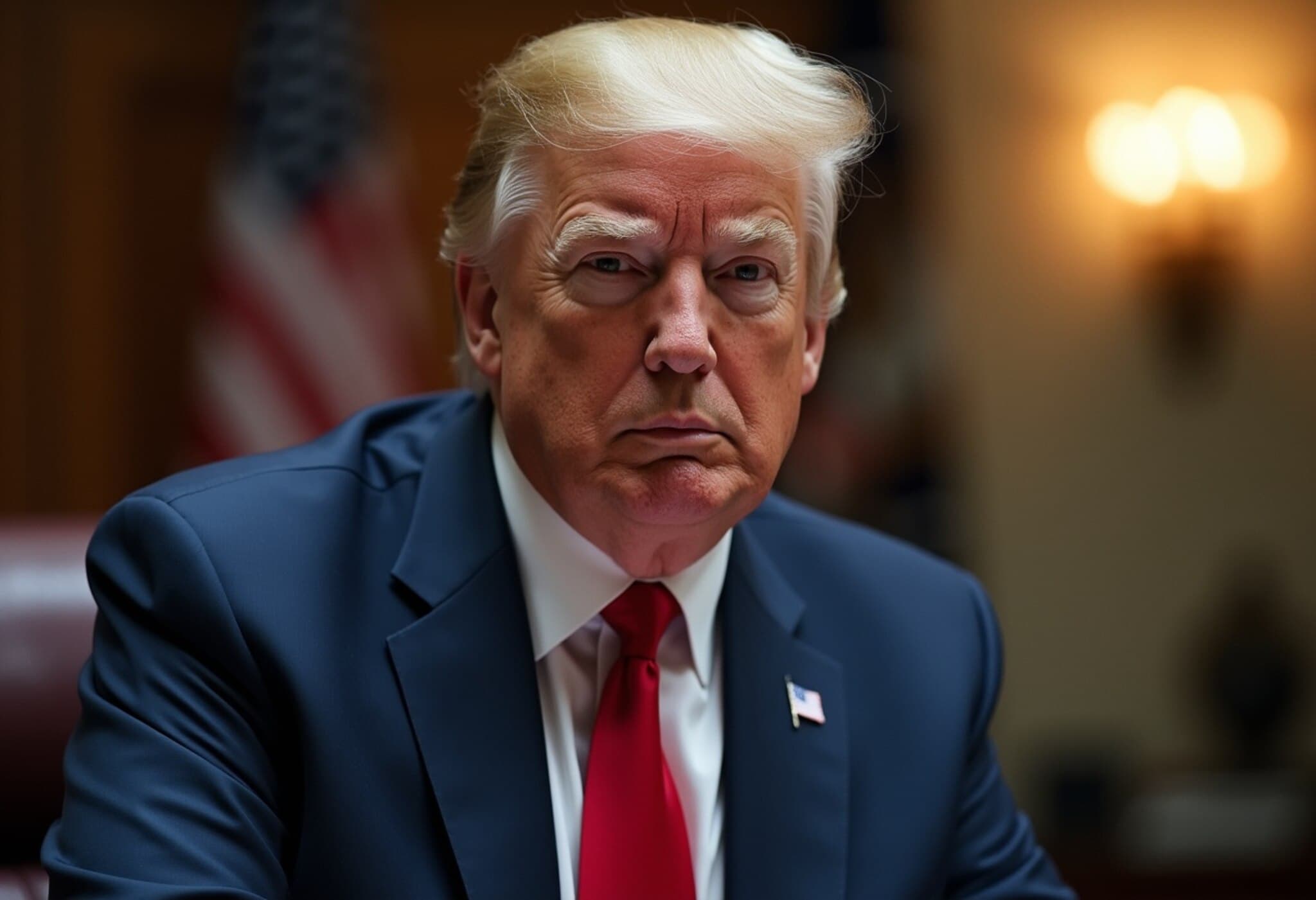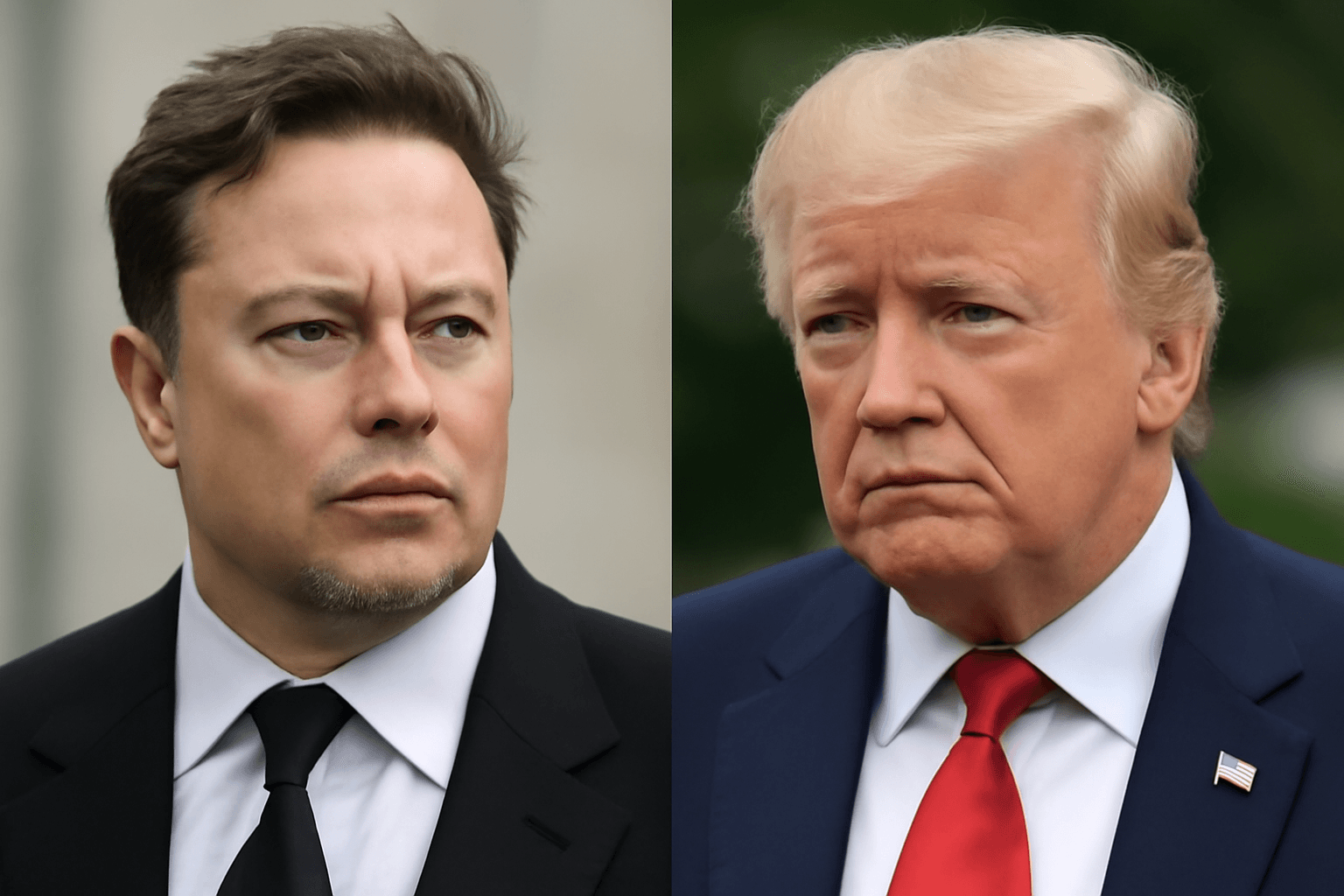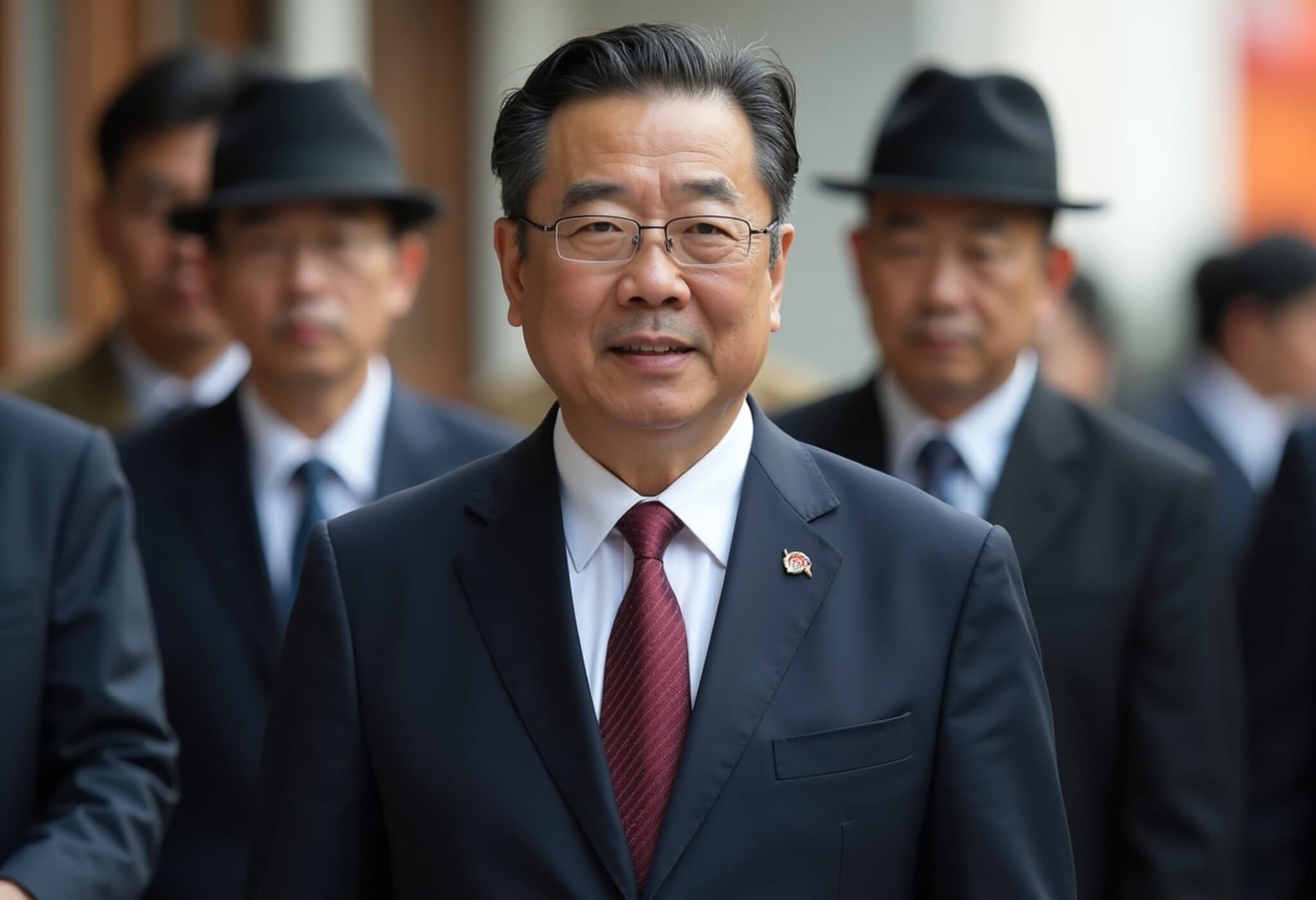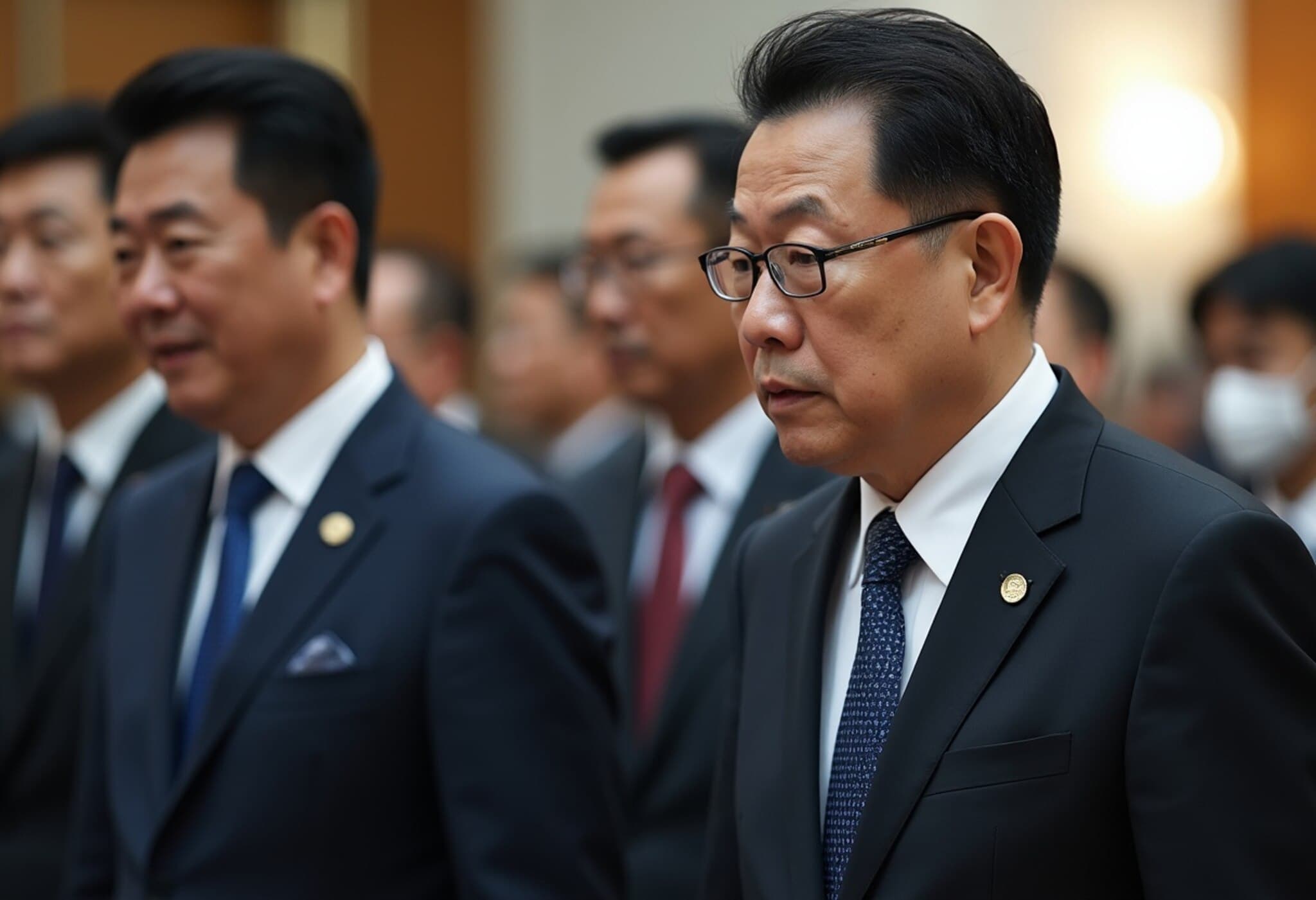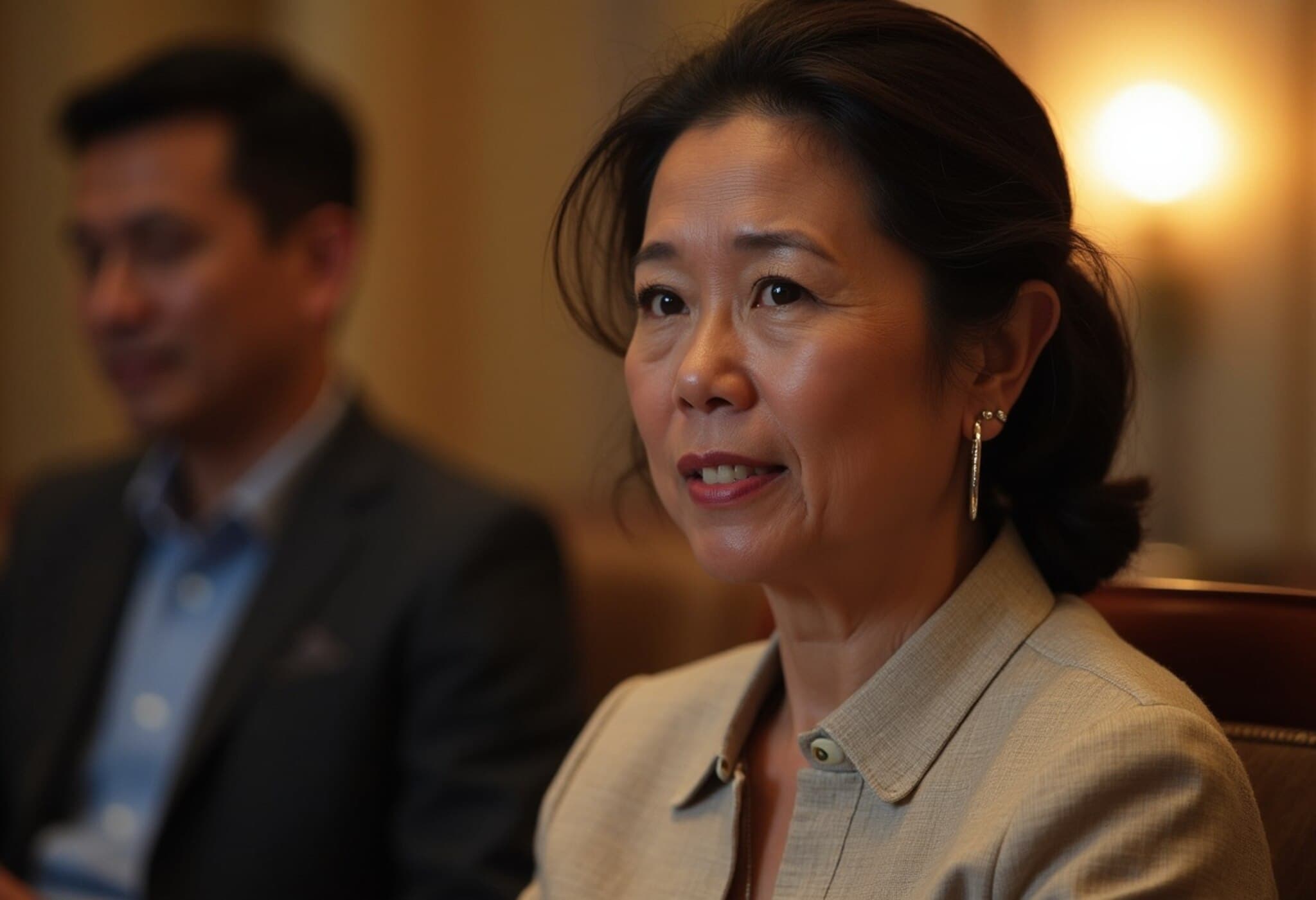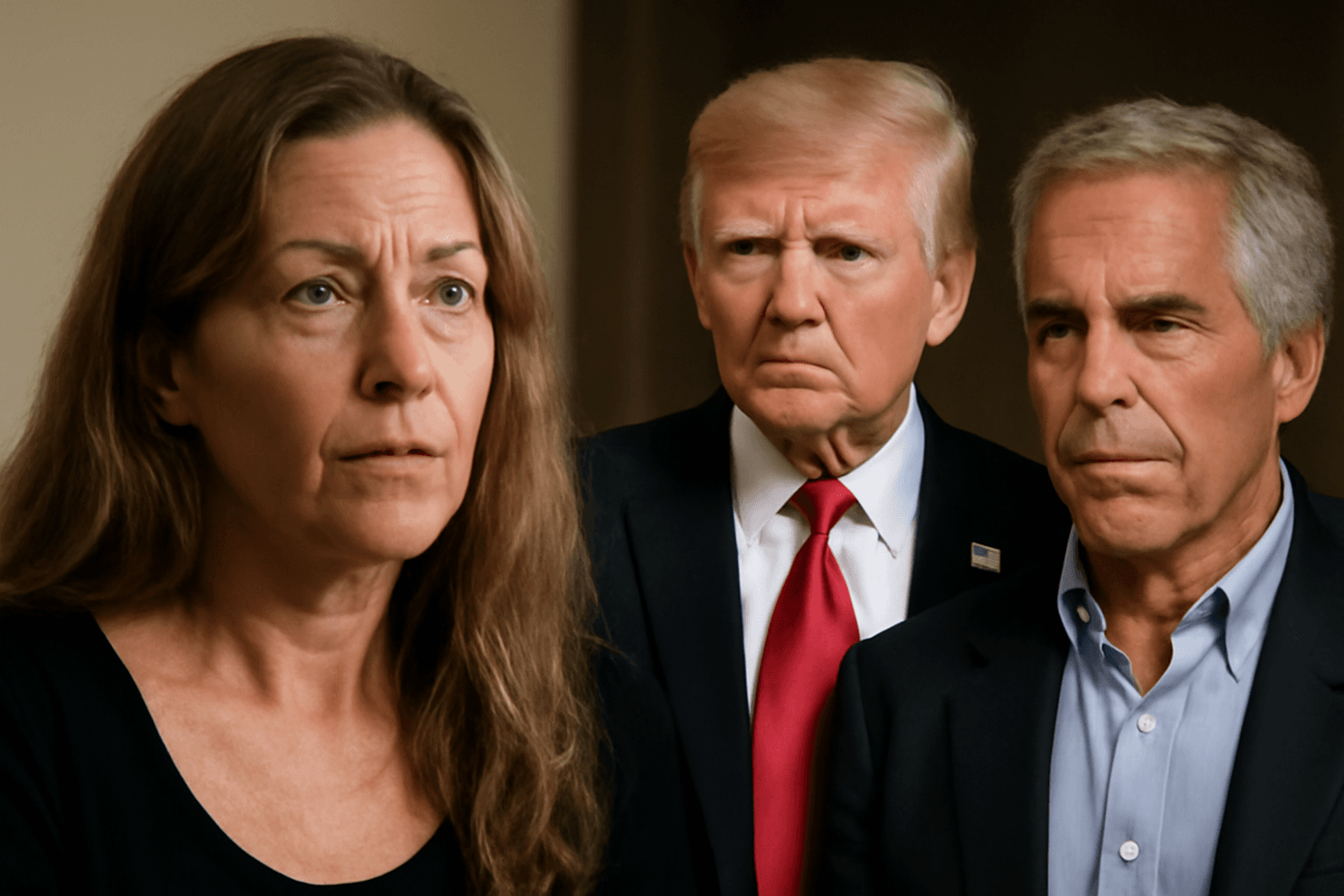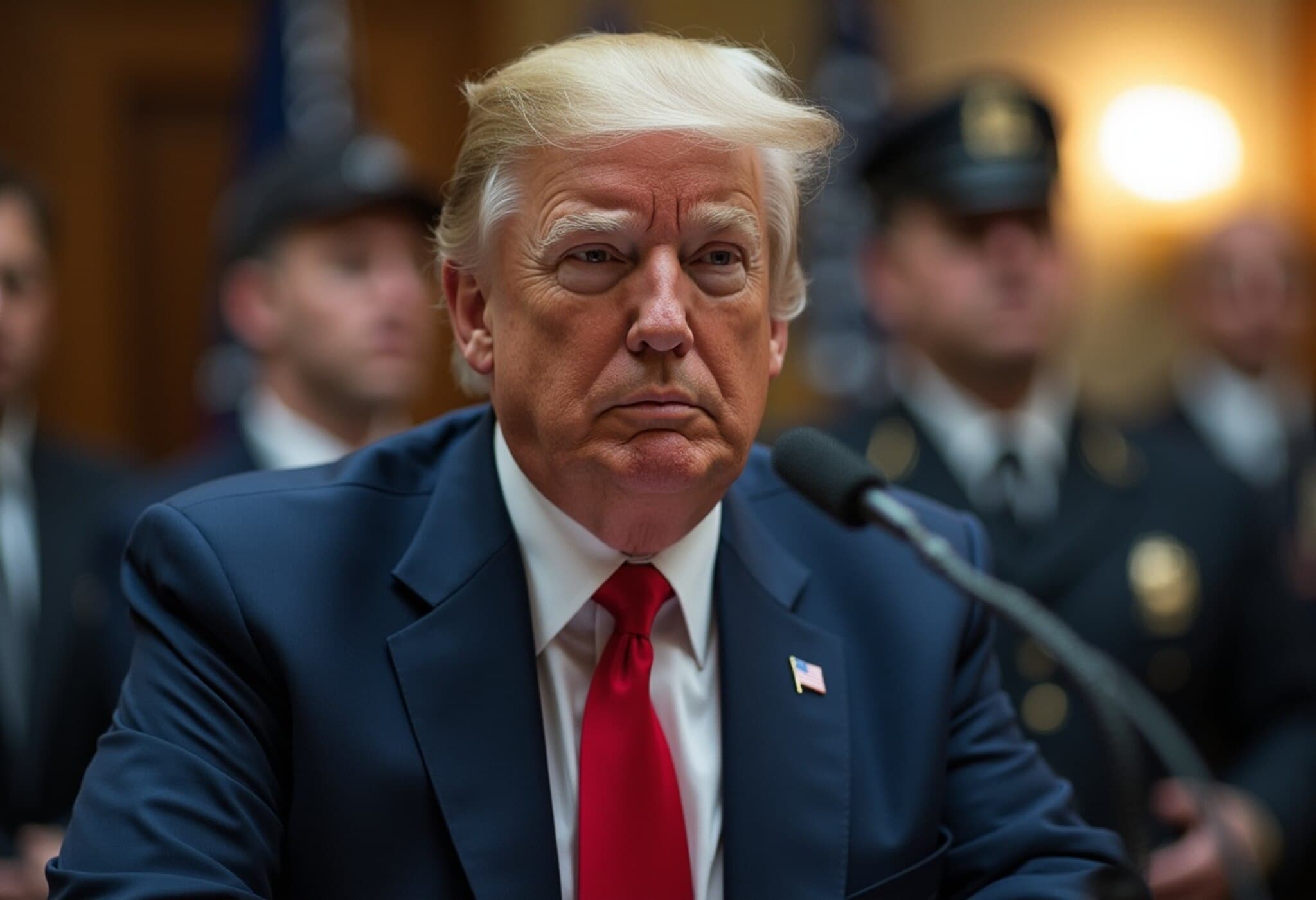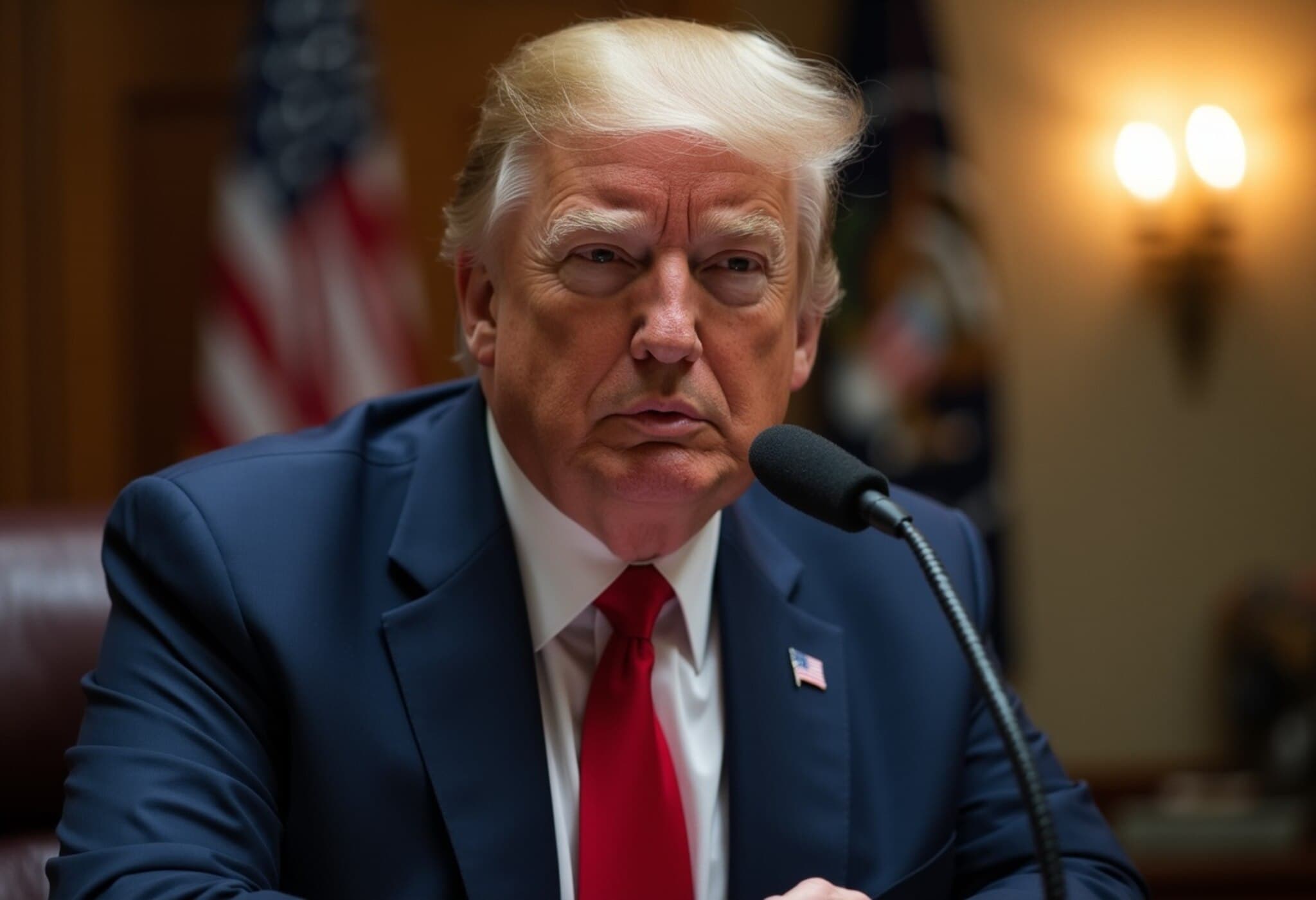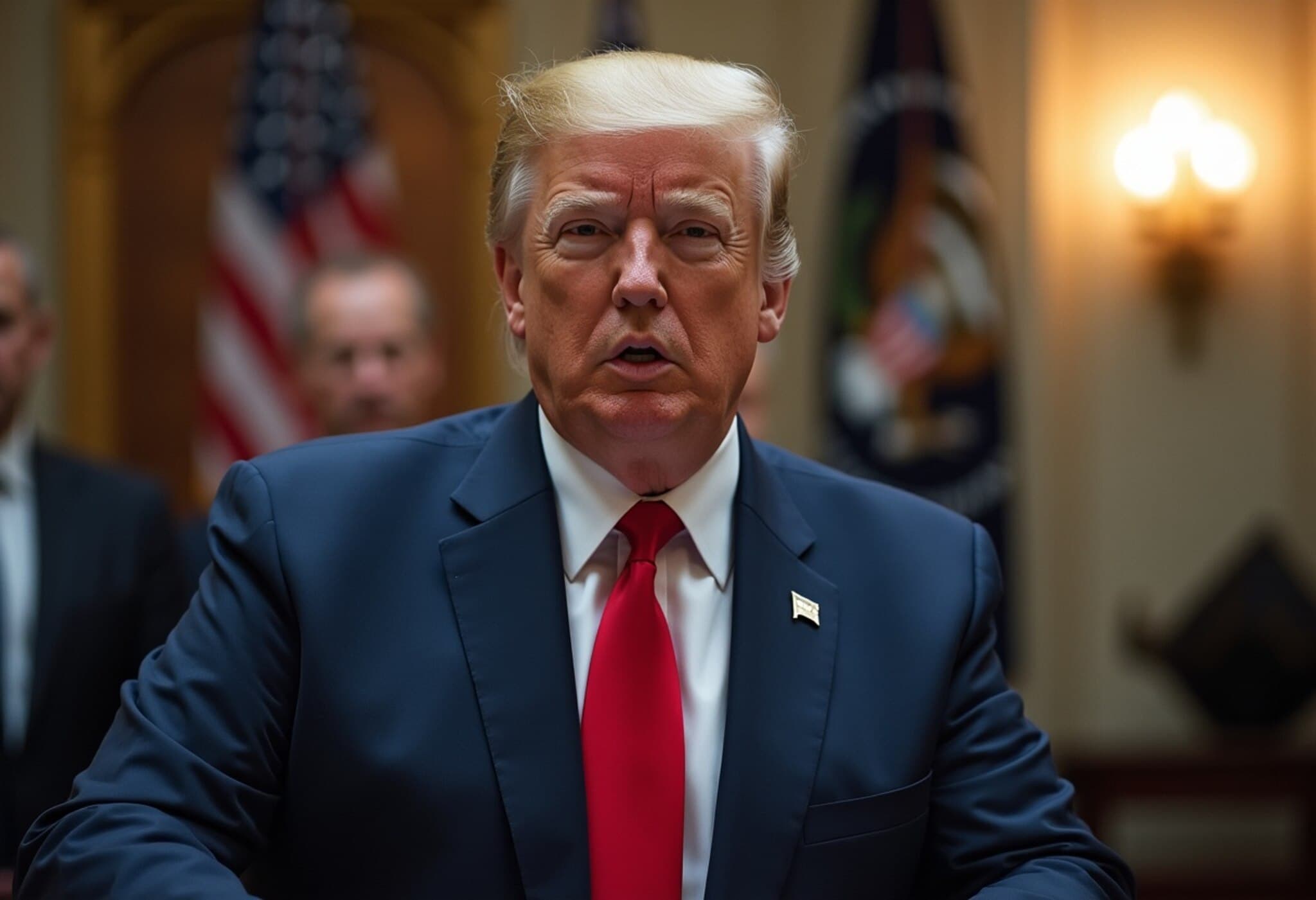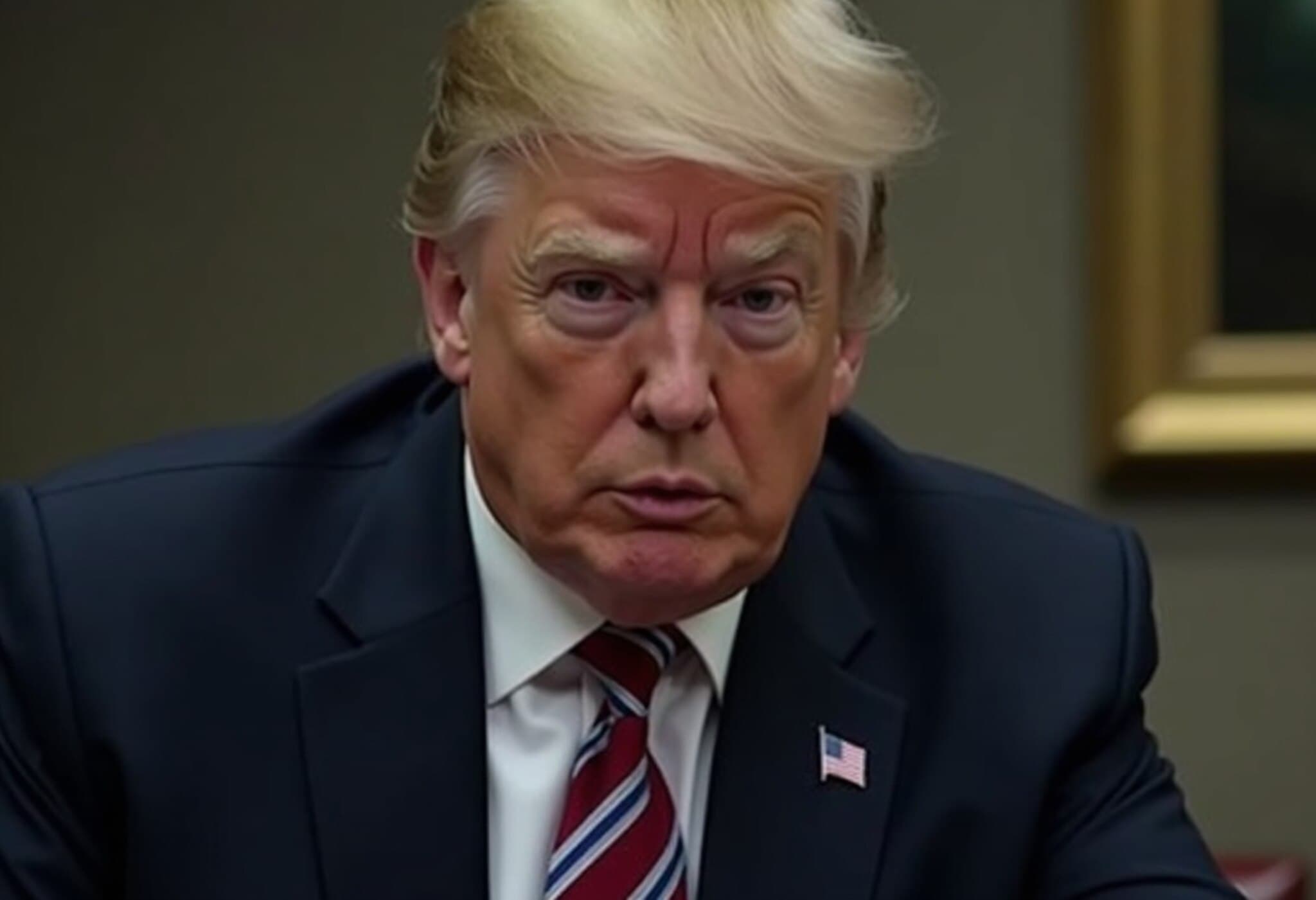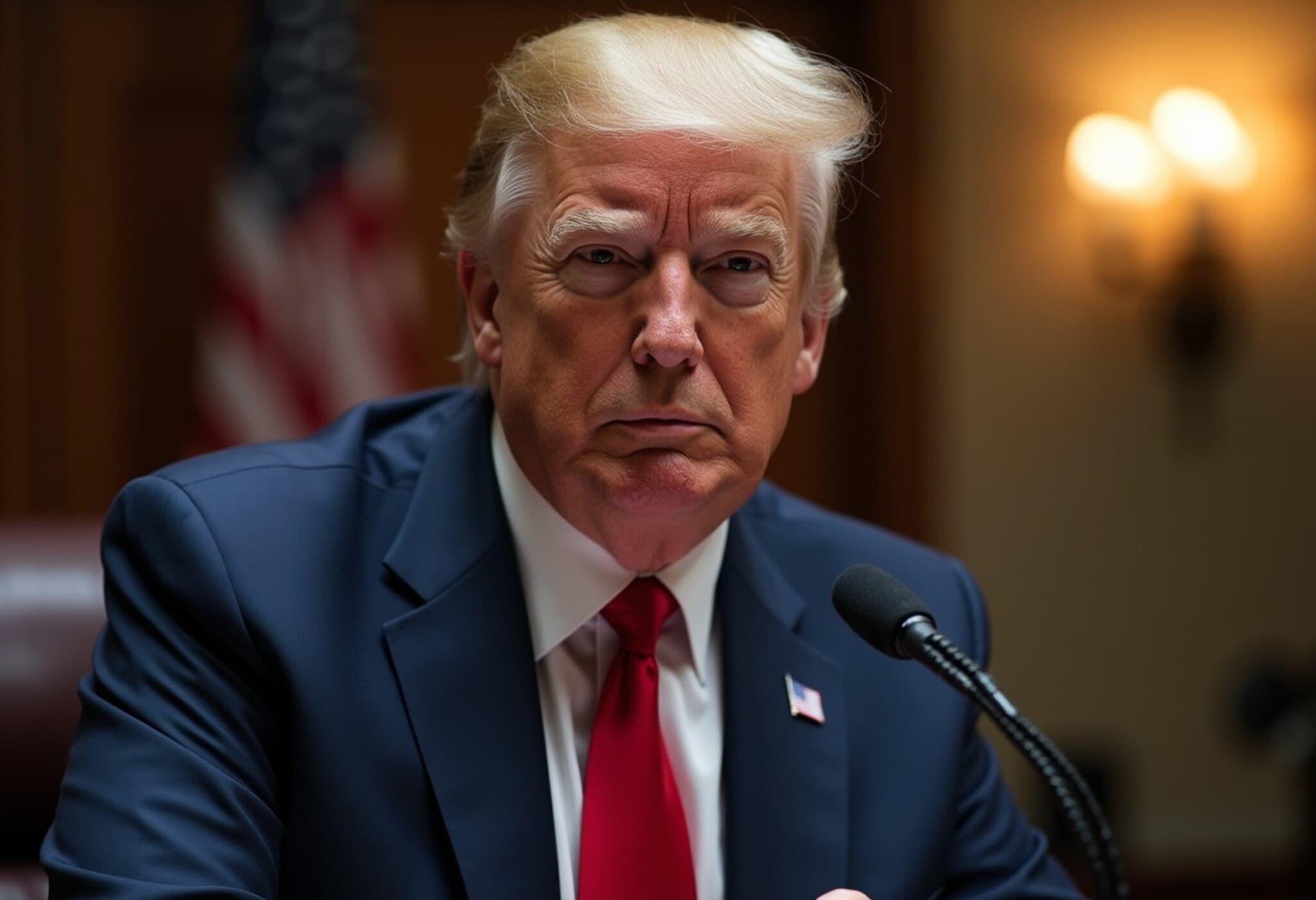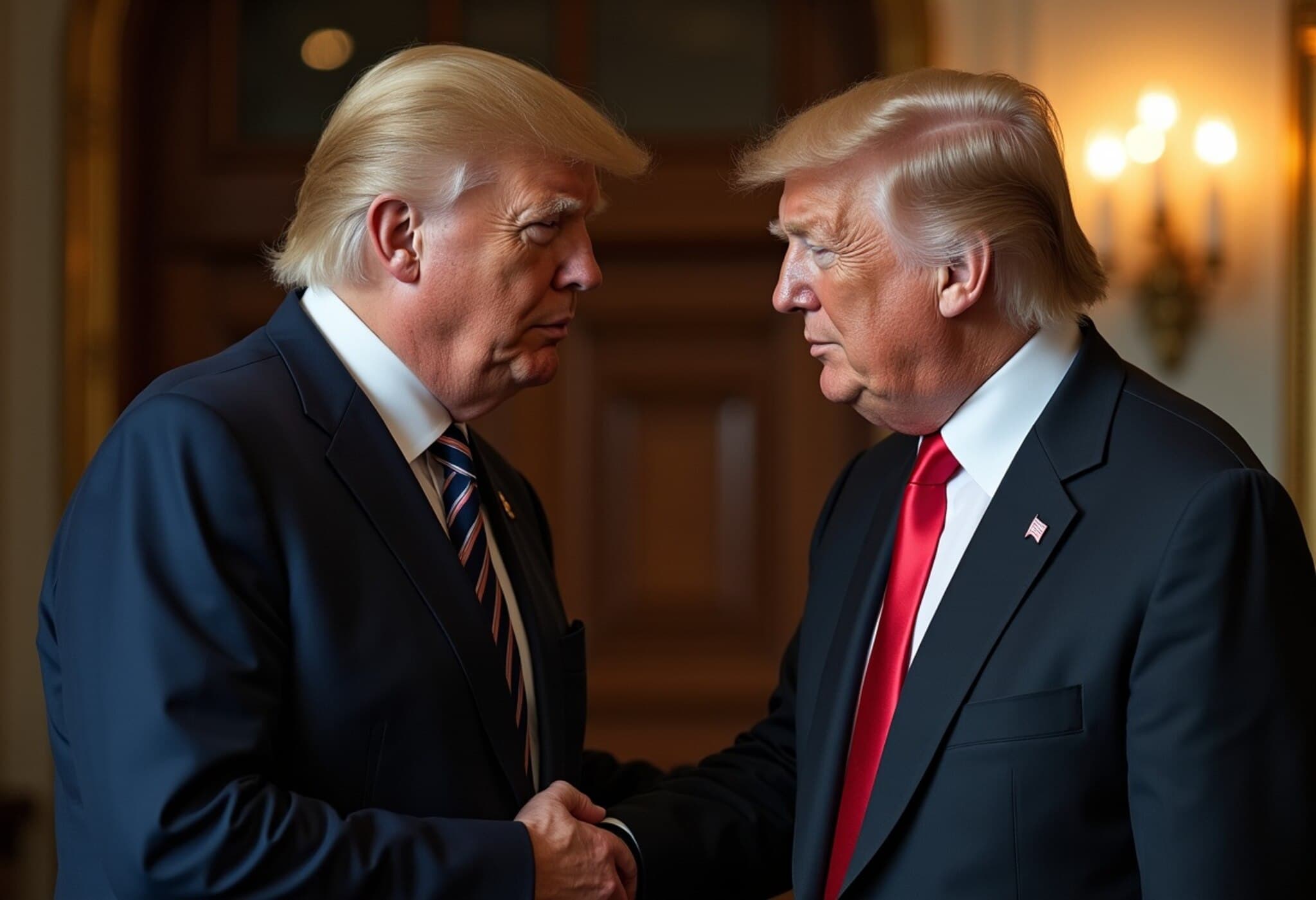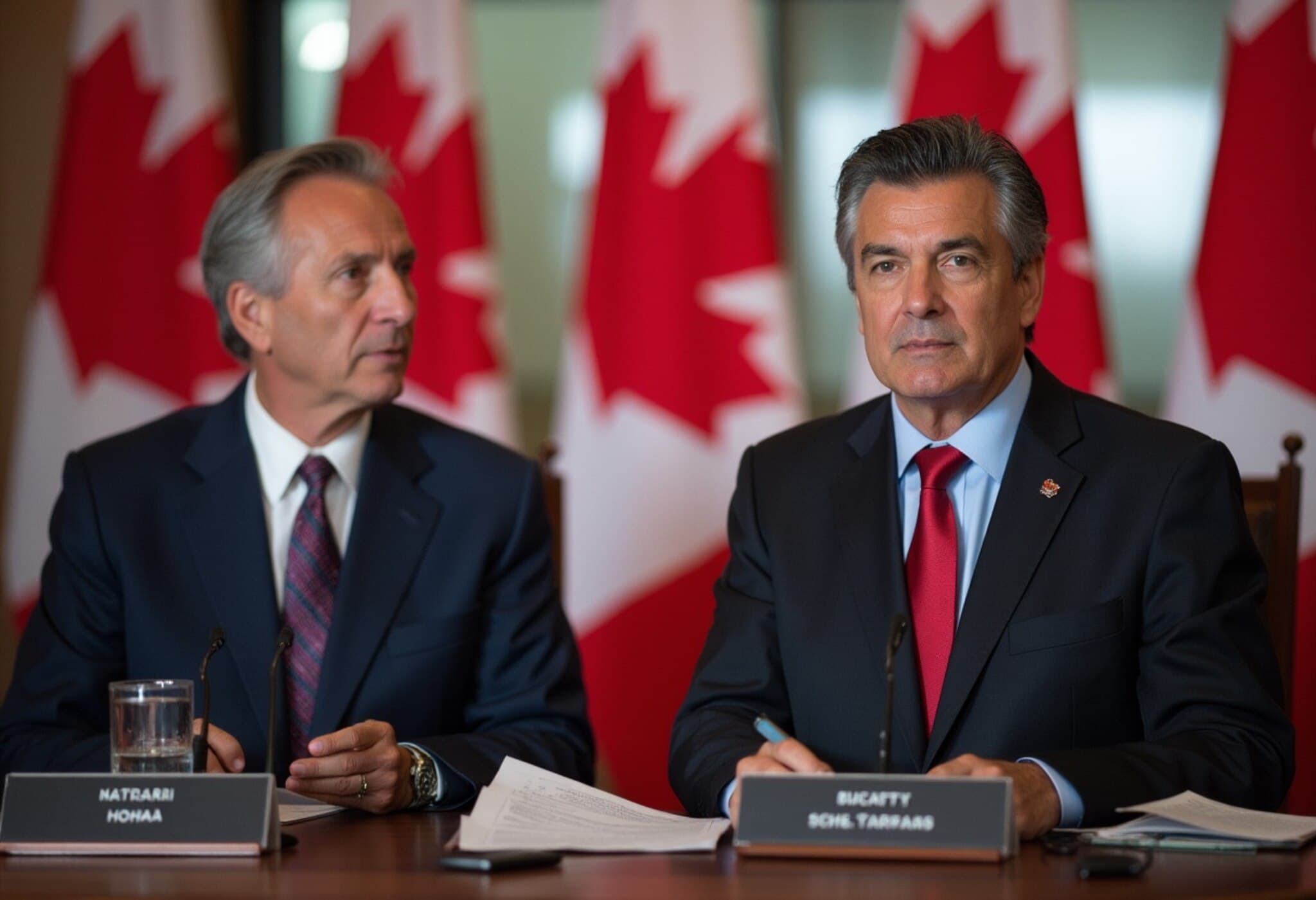Trump Named in Epstein Investigation Files: Unpacking the Facts
In a development sure to stir renewed debate, former U.S. President Donald Trump was informed earlier this year that his name appears within the extensive dossier of documents related to Jeffrey Epstein’s alleged sex-trafficking crimes. According to a report by The Wall Street Journal, Attorney General Pam Bondi and her deputy briefed Trump at the White House in May about these records, which detail investigations into Epstein’s illicit activities.
Contextualizing the Epstein Files and Trump's Involvement
Jeffrey Epstein—who died by suicide in 2019 while in federal custody—was a wealthy financier whose network included many high-profile figures. While Trump’s name appears in the files, it is important to underline that this alone is not an accusation of criminal wrongdoing. Trump and Epstein, who once socialized within the same elite circles in New York and Palm Beach before falling out in the early 2000s, have a complicated history but have publicly distanced themselves since.
What the White House Says and Political Reactions
White House Communications Director Steven Cheung dismissed the report as "fake news," reiterating Trump’s claim that Epstein was ousted from his Mar-a-Lago club for inappropriate behavior. This statement seeks to reframe Trump’s connection to Epstein amidst ongoing scrutiny.
Meanwhile, Democrats and critics argue the withholding of Epstein files represents a potential government cover-up, especially since the files could reveal more about the extent of Epstein’s network and possible complicity of public figures. Virginia Congressman Don Beyer labeled the secrecy around the documents "the simplest explanation all along," pointing to sustained suspicions about transparency in this case.
Legal Battles and Media Fallout
The situation is further complicated by Trump’s ongoing lawsuit against News Corp, the parent company of The Wall Street Journal, alleging defamation over reports connecting him to Epstein. Trump’s legal team claims over $15 billion in damages, contesting stories such as one about a cryptic birthday letter to Epstein inside a book connected to Ghislaine Maxwell, Epstein's close associate.
Broader Implications for Public Trust and Justice
The Epstein scandal has exposed deep fissures within American society concerning wealth, power, and impunity. The reluctance to release full investigative files fuels public skepticism about whether justice is equally applied. Experts caution that transparency not only serves legal accountability but also helps heal societal wounds caused by powerful figures allegedly abusing their status.
Expert Insight: Balancing Privacy, Accountability, and Public Interest
Legal analysts note that presence in investigative files is not evidence of guilt but rather part of broad probes necessary to reveal truth. Moreover, the debate raises questions about how much sensitive information should be public, especially when ongoing investigations or victims’ privacy may be at stake.
From a media literacy perspective, this episode underscores the importance of discerning between raw data in files and substantiated allegations. The media plays a critical role in navigating this landscape responsibly, avoiding sensationalism while holding power to account.
Looking Ahead: What to Watch
- File Release Demands: Will legal or Congressional pressure force the government to release more Epstein-related documents?
- Legal Proceedings: How will Trump’s defamation lawsuit shape the narrative around his alleged connections?
- Cultural Impact: What lessons does this controversy hold about elite networks and systemic accountability?
Editor’s Note
The revelation that Donald Trump’s name appears in the Epstein investigation files is more than a sensational headline—it shines a light on broader challenges in democratic governance: transparency, judicial fairness, and media responsibility. As more documents potentially emerge, the public must remain vigilant, demanding accountability without sacrificing due process. This case also acts as a mirror reflecting the complex intersection of power, privilege, and justice in contemporary America.

